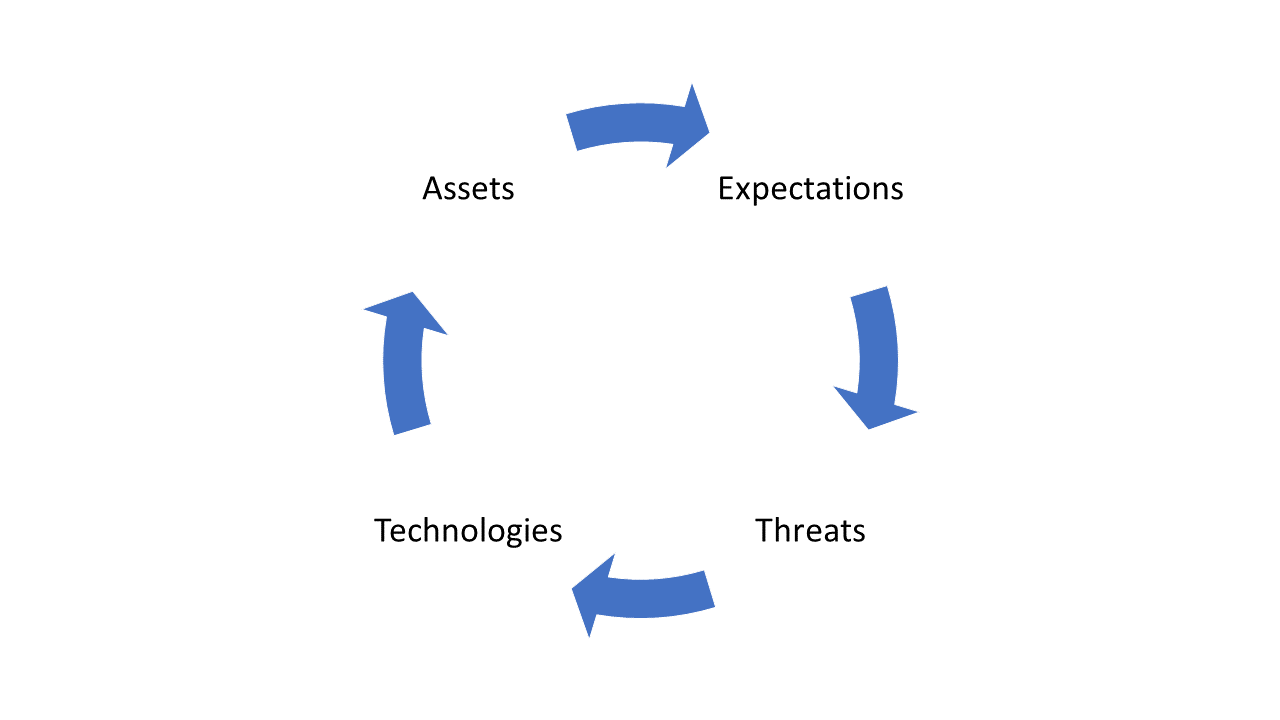Article
Technology Enabled Business Model Innovation


SMEs that choose to continuously self disrupt and invest in business model innovation will dominate their markets.
"Because a Founder's job is injecting risk into the business. It's flooding it with new ideas, stuff that seems hard to do, ideas that no one else would dare try, placing the kinds of bets that only someone who started the damn thing would be willing to wager. A Founders' job is basically to stay in business by almost always putting it out of business." Jason Fried, Co-founder of 37 Signals
Business model innovation is a topic I have spent a lot of time thinking about recently. In part this is due to the economic climate putting companies under pressure, and as the saying goes, necessity is the mother of invention. In part it is because modern technology enables new operating approaches, such as hyper-automation. But mainly it is because I am fortunate enough to work with SMEs who choose the path of continuous self disruption and this is a focus point of my job as Fractional CTO that I particularly enjoy.
These forward looking SMEs recognise that relying solely on a historically successful business model may not be the best way of maxmising value. Perhaps the old business model will eventually pass its expiry date. Perhaps a new business model can run in parallel to create a dual revenue stream. Regardless, to stay relevant and competitive companies should adapt to changing conditions and leverage their assets.
Boston Consulting Group state that "In the past 50 years, the average business model lifespan has fallen from about fifteen years to less than five". For sure, technology has played a big role in reducing that lifespan. We have seen Microsoft transition from selling desktop software in PC World to selling cloud based software on a subscription model. Blockbuster famously went out of business after turning down an investment pitch from Netflix and we are on the cusp of learning whether AI LLMs (Large Language Models) will be able to loosen the stranglehold that Google has enjoyed on web search for the last 20 years.
Innovation Questions
Some important questions to ask yourself when exploring business model innovation are:
- What do my customers expect?
- What competitive threats could disrupt the existing business model?
- What new technologies exist today that could enable a new business model?
- What assets has the business created or acquired that could enable a new business model?
- What is the potential return on an innovation?
What do my customers expect?
Google, Amazon and Netflix are just some of the companies that drastically changed what consumers expect from service providers. If Google can return accurate results from billions of web pages in a fraction of a second, why does it take customer services ages to lookup somebody's details in their CRM? If Amazon can deliver on the same day, why does an old school retailer take several days to deliver? If Netflix can offer a whole box set on demand, why wait a week for the next episode to be released?
Expectations of your service are not only set by your direct competitors but also by pioneering companies that demonstrate a far superior method of delivering a product or service.
What competitive threats could disrupt the existing business model?
This will differ from industry to industry and company to company. But for example, the emergence of the internet as an efficient medium for commerce posed a critical threat to many long established brick and mortar retailers. Those who did not adapt went out of business.
If your business is heavily reliant on manual processes, could a fully automated competitor destroy your customer base by offering a better quality of service, quicker and cheaper?
What new technologies exist today that could enable a new business model?
A lot has been written about the transformative capabilities of technologies like generative AI, the metaverse, blockchain etc and maybe they present a transformative opportunity for your business. I'd love to help you find out. However, there are simpler options as well. Creating digital versions of physical goods that can be delivered on demand rather than shipped. Deploying self service checkouts that use AI to drive age estimation technology. Using machine learning to power peer-to-peer marketplaces such as Uber and AirBnB.
What assets has the business created or acquired that could enable a new business model?
These could be tangible assets, such as machinery or buildings, or they could be less tangible assets, such as code or data. Code can often be repurposed, sometimes white labelling the entire application and selling licences, or even identifying small components in your software that others would find valuable and offering it as a SaaS product.
Alternatively, almost all businesses today generate data of some description to enable the primary purpose of the business. But what if that data has value to other businesses for entirely different purposes? This could present an opportunity to monetise data in new ways.
What is the potential return on an innovation?
Just because it is possible to innovate, that doesn't mean it is always the right thing for a business to do. If the innovation costs too much to deliver, takes too long to implement or does not generate enough value it might not be a good idea. Our deep dive into valuing digital transformation projects offers you a framework to establish whether a transformation or innovation should get a green light.
Risks
Risks must also be considered. What if you identify a new business model that has the potential to cannibalise your old business model? What if the lifetime of the new business model is likely to be shorter than average due to anticipated technological advancements? What if the complexity of bringing the new business model to market means it is likely to fail?
But the greatest risk of all? Failing to innovate.
What Next?
If you need help identfying viable opportunities for business model innovation then find out more about our Fractional CTO Service and get in touch today.